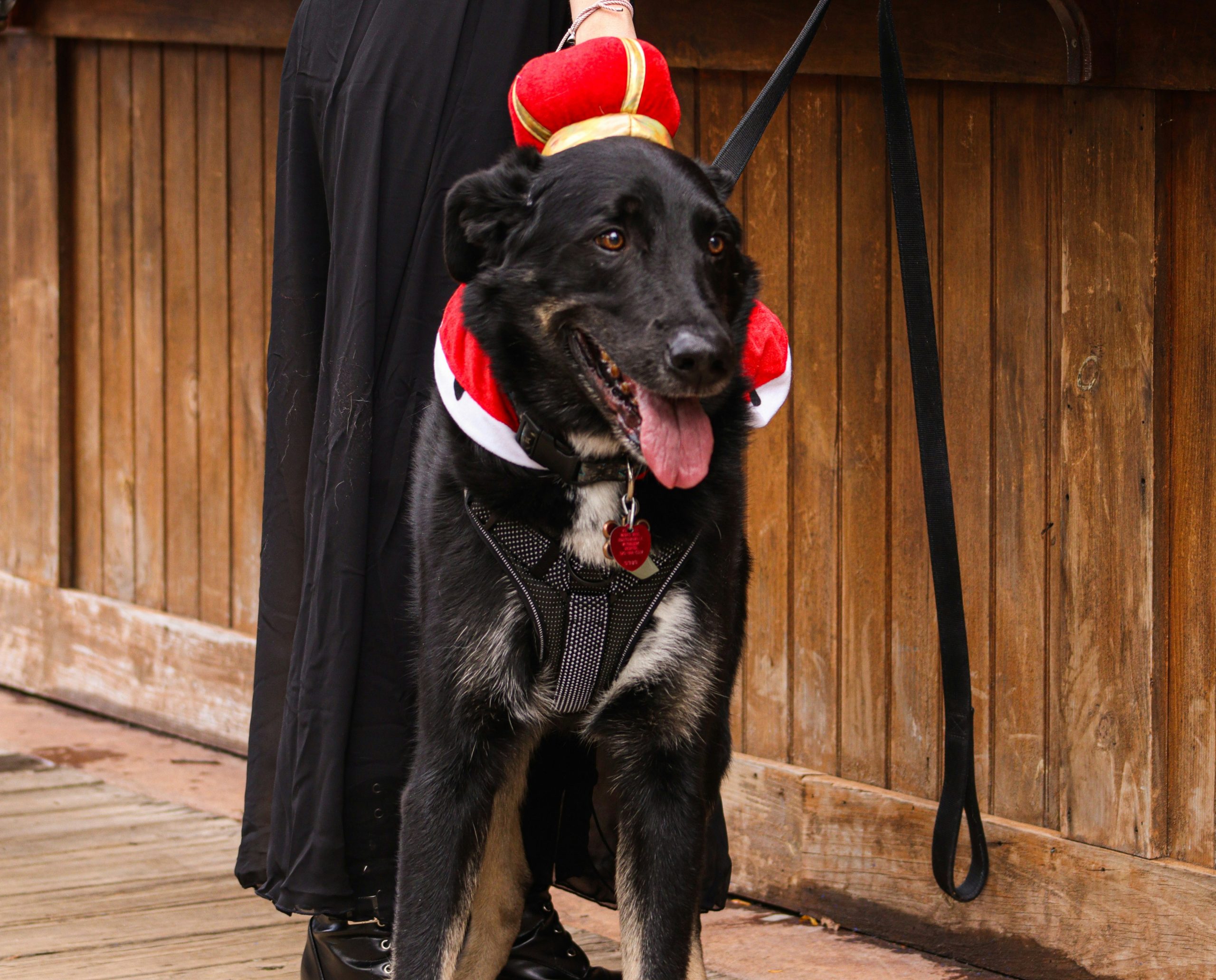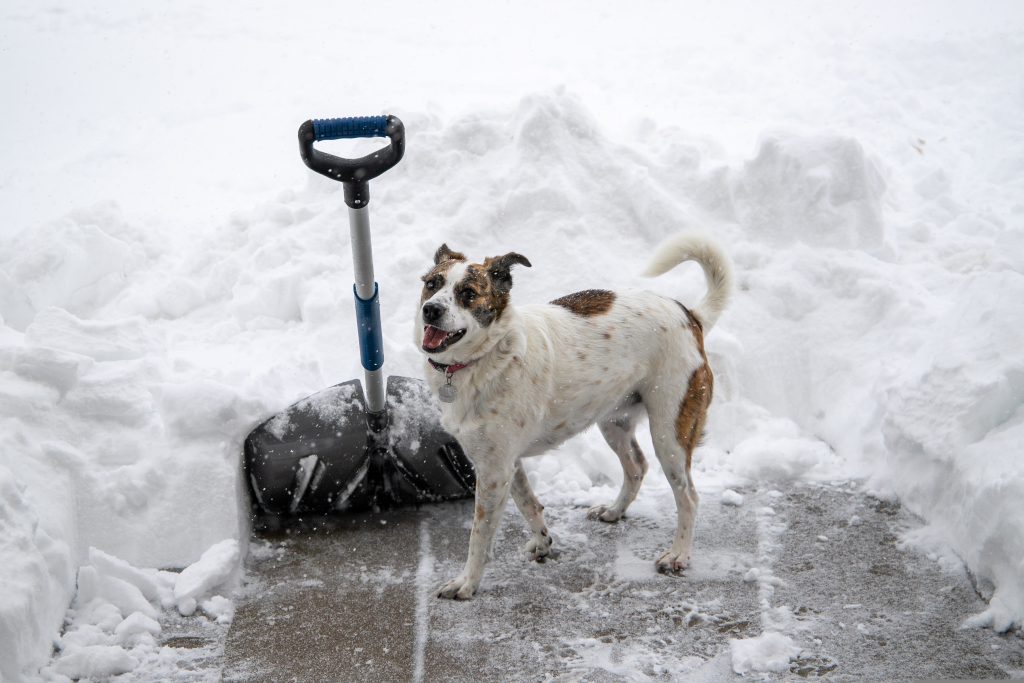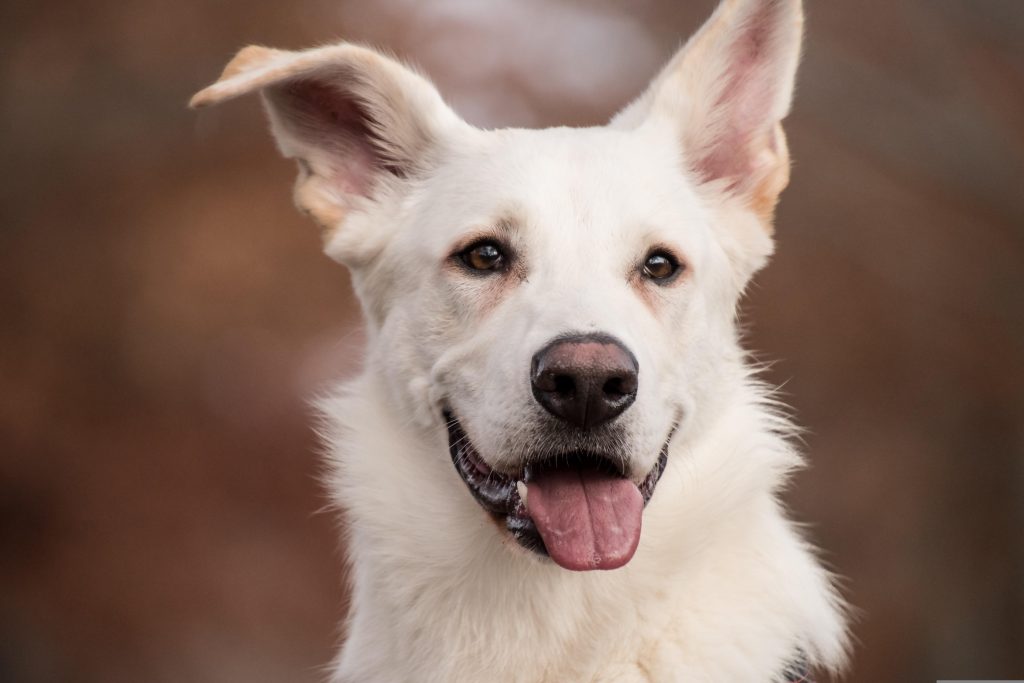
Online Vet in Aurora IL
Pet Lovers rejoice as your favorite Veterinary app is now live in your city. Bid goodbye to long waits and emergency pet care because now you can get personalized advice, care suggestions, and prompt responses for your pets. Meet vets who carry the same love and passion to serve animals. Enjoy unmatched convenience by connecting with a dedicated animal health professional now.



 On demand visits for urgent issues 24/7
On demand visits for urgent issues 24/7 











